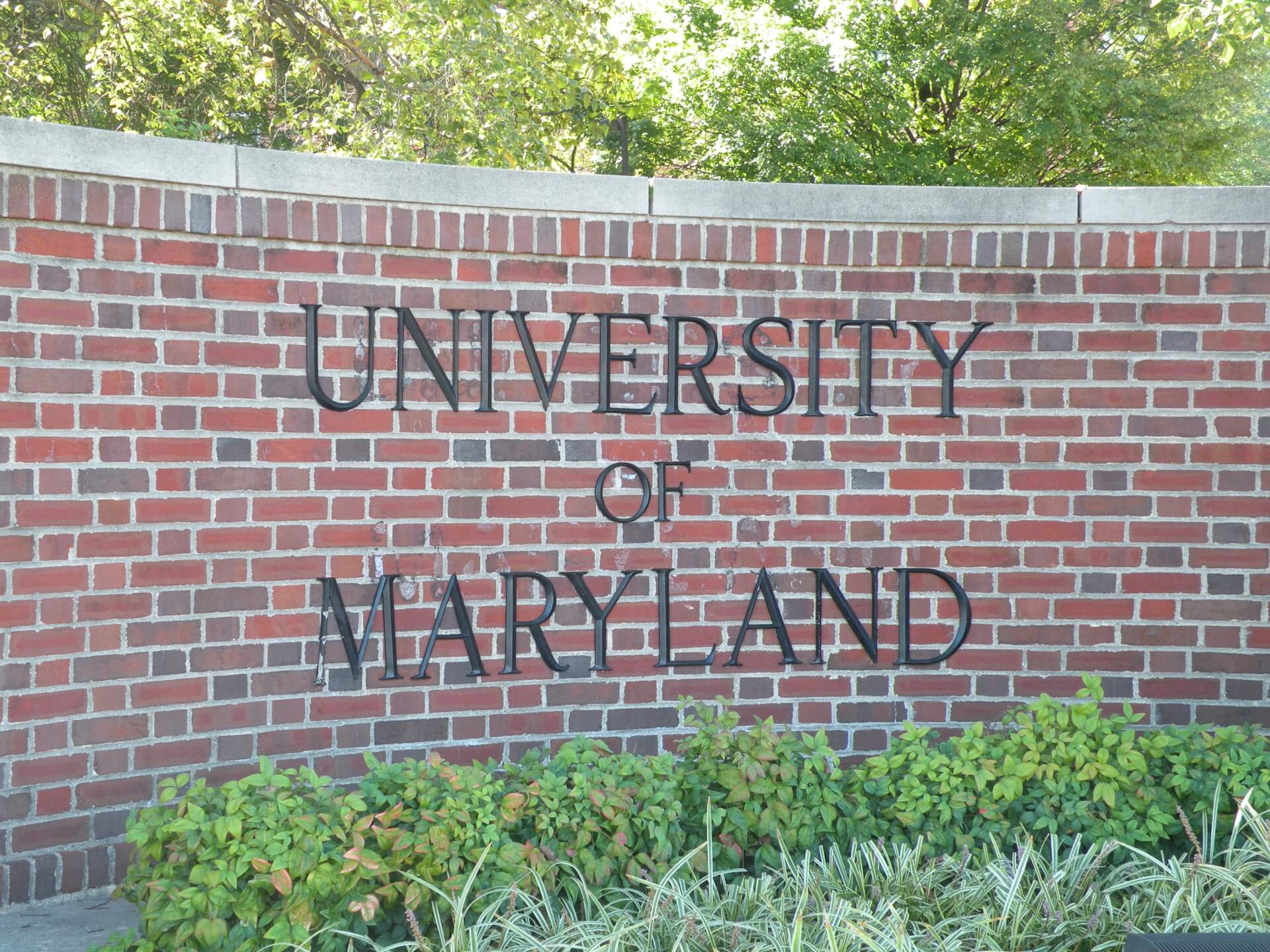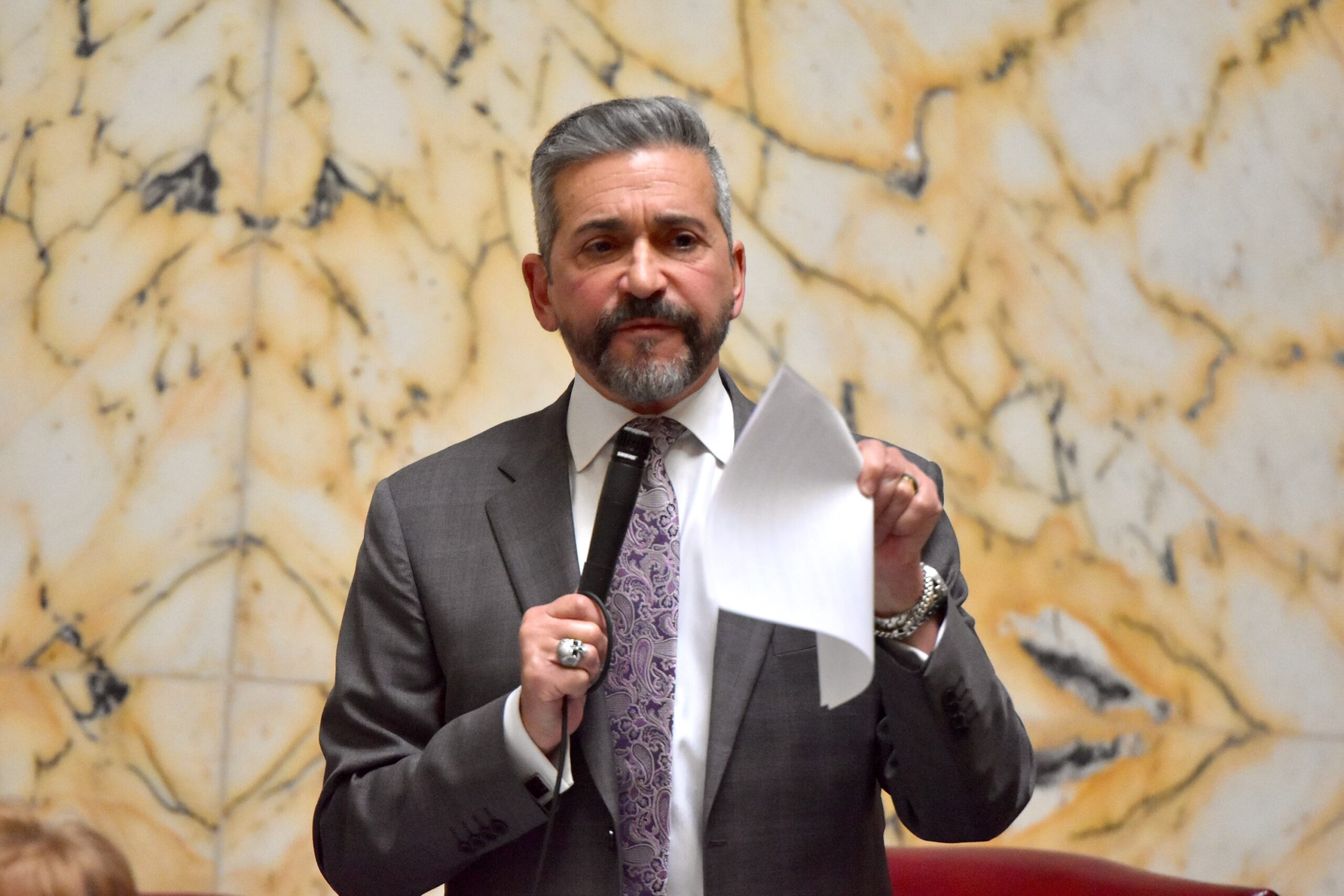USM Graduate Students Fight for Collective Bargaining Rights

For the fifth year in a row, graduate students at Maryland public universities are imploring state lawmakers for the right to unionize.
Most graduate students within the University System of Maryland rely on working as teaching and research assistants in exchange for free tuition and a stipend. But stipends can be as low as $21,000, according to Fearless Student Employees, a graduate student group at the University of Maryland College Park that advocates for collective bargaining rights.
Such a low stipend makes it difficult for students with children or those who do not have a safety net to complete graduate school, said Samuel DiBella, a first-year graduate student at the College of Information Studies on the College Park campus. And without a contract specifying proper working conditions, it is possible for advisors to have graduate students work too many hours, he continued.
Although Maryland offers collective bargaining rights to most faculty and staff at public higher education institutions, it excludes student employees. Last year, the General Assembly passed bills that expanded collective bargaining rights to adjunct professors at Maryland’s 16 community colleges and consolidated the bargaining process at the top for all University System of Maryland institutions.
University administrators contend that graduate students are “first and foremost students.” Graduate assistantships require students to work an average of 20 hours a week and their stipend reflects that, university officials said.
College Park Graduate School Dean Steve Fetter told the Senate Finance Committee on Thursday that graduate assistants’ stipends are not meant to be salaries, but rather financial assistance to help cover the cost of their degrees. Graduate student stipends are exempt from payroll taxes.
However, graduate students maintain that they deserve proper working rights for the work they do.
“Graduate workers are workers and the fact that we are students does not detract from the value of our work,” Simon Sheaff, a graduate student in the Government and Politics Department at College Park told the committee.
University officials said they already have good working policies set in place, such as a “meet and confer process,” where graduate assistants can raise workplace concerns with administrators once a semester. And the graduate assistants have due process protection and grievance rights by being able to present their complaints to administrators, said Patrick Hogan, vice chancellor for government relations at the University System of Maryland. Graduate assistants also have subsidized health insurance as well as free tuition, he continued.
Sen. Benjamin Kramer (D-Montgomery) — who is sponsoring a bill that would grant collective bargaining rights to graduate students at Morgan State University, St. Mary’s College of Maryland, and in the University of Maryland system — repeatedly asked university administrators why they were objecting if there was nothing to worry about.
Kramer pushed university administrators to answer whether or not the “meet and confer process” mandates them to respond to graduate students’ grievances. After asking for the fourth time, and unsatisfied with their answers, Kramer concluded that the answer is no. “I’ve made my point — the answer is there is none.”
Hogan pointed out that even if graduate students had collective bargaining rights, the concerns would have to be negotiated just like they are through the current “meet and confer process.”
“Then why are you here opposing collective bargaining, Patrick?” Kramer said.
“If the conditions for our Maryland graduate students are so solid and they are so content and happy and they should be so grateful, the system has nothing to fear,” Kramer said. The system’s “meet and confer process” does not include any binding agreement for administrators to resolve workplace issues.
Fetter argued that students having collective bargaining rights fundamentally changes the relationship between graduate students and their advisors from a “student and mentee” to a “employee and supervisor” relationship, which would negatively affect their educational experience.
But Karin Rosemblatt, a history professor at College Park, disagreed.
“Based on my own experience and that of my colleagues, I think this is patently false,” she said. “I have spent hours counseling my students, not about their students, but how to talk to their supervisor about the unreasonable demands that are placed on them.”
Sen. Delores G. Kelley (D-Baltimore County), chair of the Finance Committee, shared sympathies with Maryland graduate students, as she was “one of those wrought graduate teaching assistants” at Purdue University in the 1970s without any health benefits or an office space. “I had to carry my coat with me around from place to place without even a dedicated space for having a conference confidentially with a student,” she said.
After a heated back and forth between Kramer and university administrators, Kelley said “I know you’re frustrated at this coming up year after year and so are we, and we’d like to make some progress toward whatever is reasonable.” The legislation has been introduced every year since 2018 but has never gotten a vote in committee.




 Creative Commons Attribution
Creative Commons Attribution